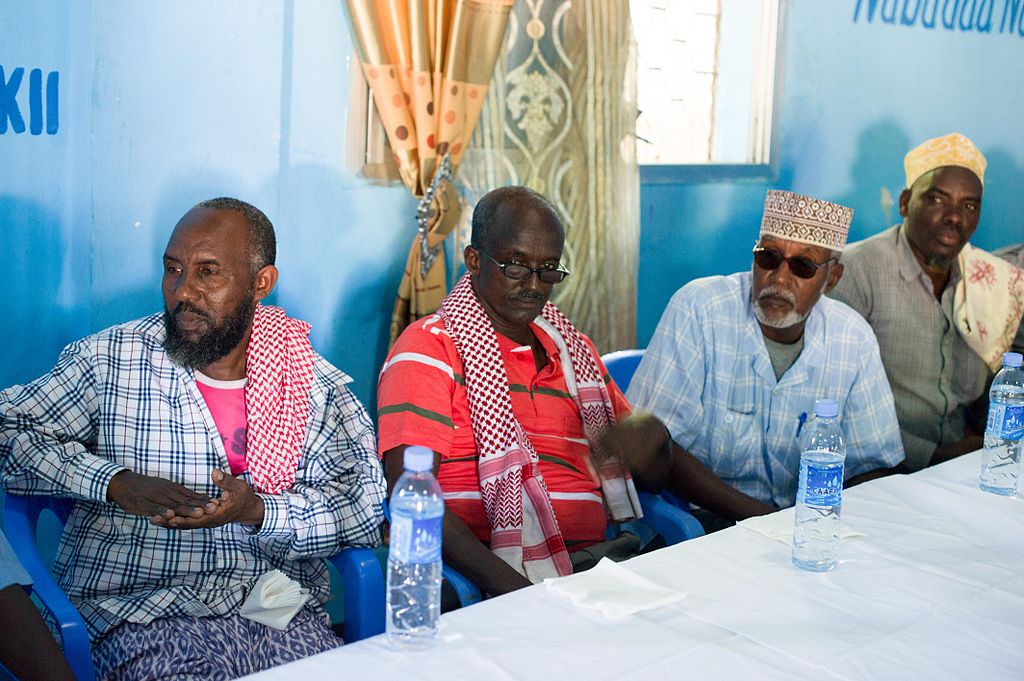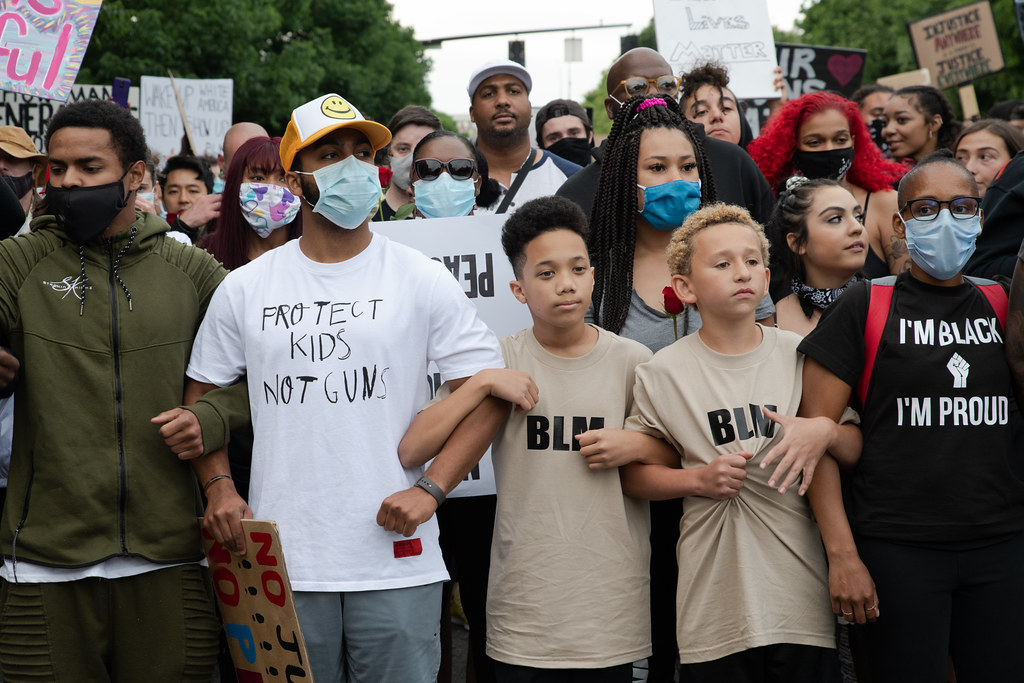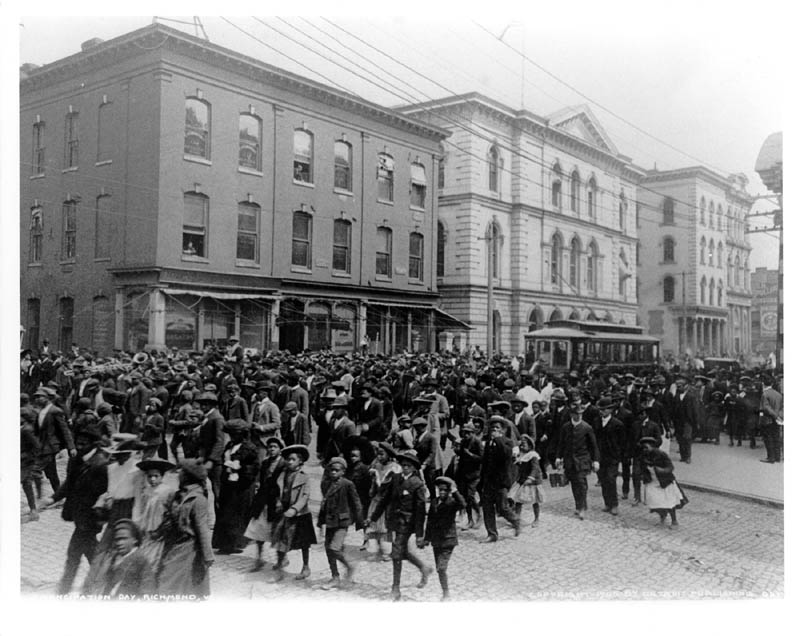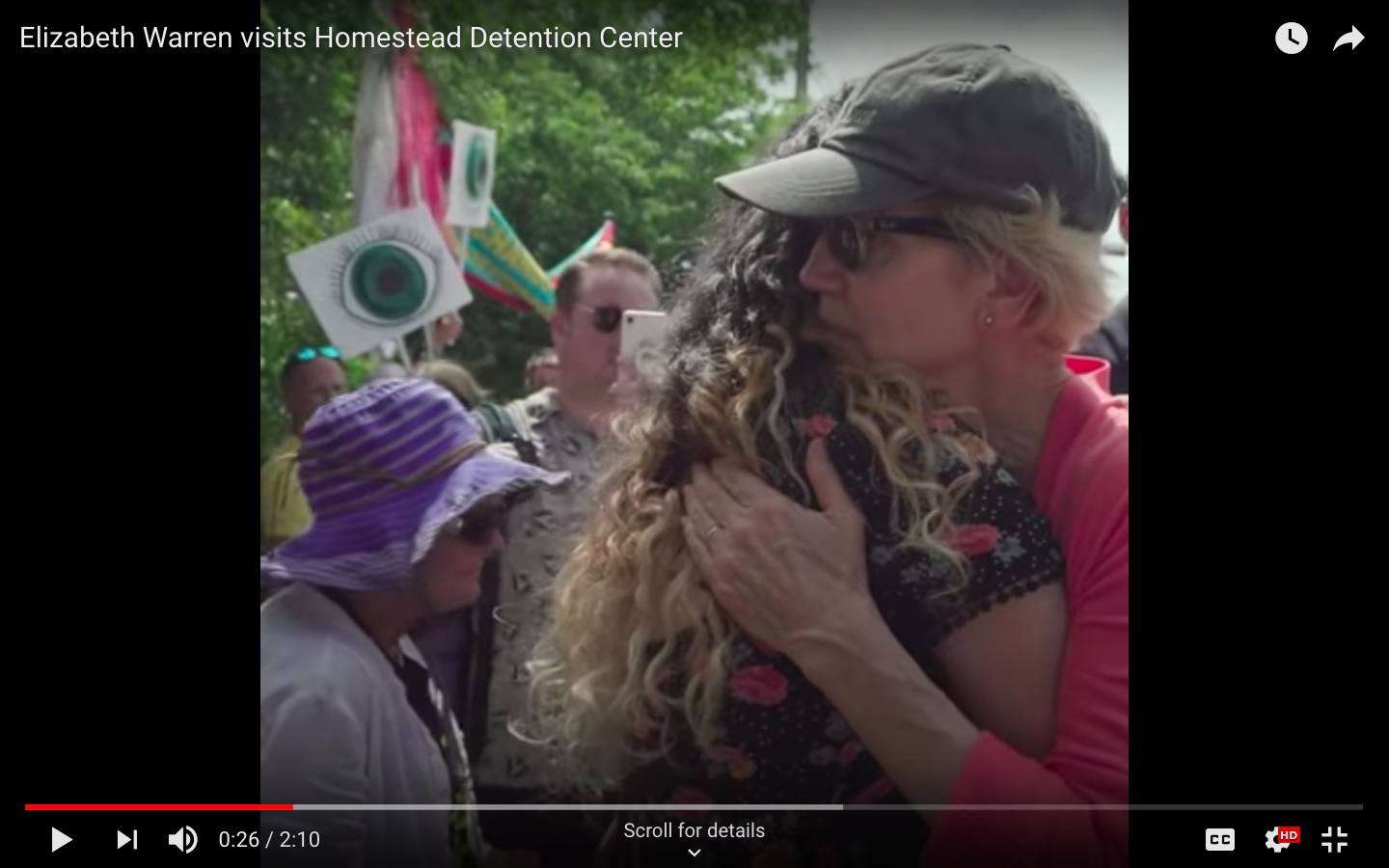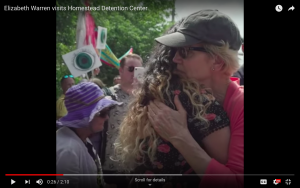4th of July, American Exceptionalism, and COVID

As the United States of America marks its 244th birthday today, it’s a good time to look at the state of this nation.
The US was the first modern constitutional democracy, just shy of 26 years earlier than second-place Norway. That’s a terrific achievement that makes many Americans proud–including me. But the founders of this country were White, male property owners, some of whom saw human beings as part of their property. And the democracy they created was an unequal one that gave voting rights only to White, male property owners. It took all the way until the Voting Rights Act of 1965 to extend that franchise all the way down to Black women in all parts of the segregated South.
Americans think of ourselves as a “can-do” people. Over the course of its history, the US has often been in the vanguard, with the rest of the world playing catch-up later. The US was especially good at technology, pioneering innovations ranging from the interchangeable parts that made mass production possible to the amazing moon missions that took less than seven years from JFK’s speech at Rice University to Neil Armstrong’s “giant leap for mankind” as he became the first person ever to set foot on the lunar surface, to enormous leadership in green energy from the 1970s into the 1990s.
And Americans often see ourselves as the greatest country in the world. In many ways, that image is correct. We have amazing natural and scenic resources, a wide diversity of people, cultures, ecosystems, and more. We are very resilient, even scrappy at times. We have a democracy that has not only lasted but expanded. We’ve birthed may popular movements for justice and liberation, and experiments in new ways to form community, that went around the world.
As one example, it’s hard to imagine the LGBT movement globally without the strength of that movement in the US starting in 1969 with Stonewall. Stonewall didn’t magically spring up out of nowhere. Little-known homosexual-rights advocacy groups like the Mattachine Society (for men) and Daughters of Bilitis (for women) had been around since the 1950s. The Gray Panthers, founded in Philadelphia, took on agism. Disability activists pushed through the Americans with Disabilities Act.
But we also lead in many areas where leading isn’t a good thing. 73 percent of US homicides involve a firearm, and per capita firearms ownership is more than twice the number of #2 Yemen. The US is the only country to have more guns than people. We have the highest healthcare costs in the world but far from the best outcomes. And of course, new cases of Coronavirus are raging in the US, while Europe and Asia have done a much better job on control.
And despite the perception of American exceptionalism–that we’re a beacon to the rest of the world–there are many areas where the US is far, far below “the best in the world.” This could be a much longer list, but here are a few examples:
- As a percentage of the population, the US has more than four times the homelessness rate as Brazil or Mexico, almost six times as much as Norway.
- Shockingly, the US has the fourth-worst rate of poverty in the world (although poverty in the US means something rather different than in much of the developing world).
- Although US police forces are far more heavily armed than those in many other countries, our crime levels are worse than most countries; we are the 50th most dangerous out of 132 countries ranked.
- We are only 19th in happiness, and just squeaked into the Economic Times list of the 11 best countries to live in, at #11, behind much of northern Europe, Singapore, and Canada, tied with Britain at #15 in the Human Development Index, 14th for quality of life, and 13th for standard of living.
The US has enabled an enormous transfer of wealth from middle-class and working-class people to the 1 Percent. People of color have faced numerous additional institutional barriers to participating in that wealth.
The US has also been a hotbed of hatred, where for centuries, people have been attacked and often killed for their real or perceived skin color, religion, ethnicity, sexual orientation, and other factors. The FBI’s most recent statistics, for 2018, document 7,120 hate crime incidents (this list taken verbatim from the site):
- 59.5 percent stemmed from a race/ethnicity/ancestry bias.
- 18.6 percent were motivated by religious bias.
- 16.9 percent resulted from sexual-orientation bias.
- 2.2 percent stemmed from gender-identity bias.
- 2.1 percent resulted from bias against disabilities.
- 0.7 percent (58 offenses) were prompted by gender bias.
My guess is that these terrible statistics don’t even count police murders of people of color.
What is the Real America?
Technically, America is much more than the US. It’s everything from the northern tip of Alaska to the southern tip of Argentina–and Americans live anywhere within. But right now, I’m just talking about the US.
And the answer is…all of the above, and more. Our diversity is part of our resilience and our strength. But our education (in school and out, and that includes social media) tends to sharpen our existing divisions and make it hard to find people who disagree with us–let alone have those meaningful, structured conversations that explore how we can work together with people who are not like us.
And it hasn’t helped that the current president has repeatedly and publicly embraced racism, misogyny, ableism, and difference, while promoting suppression of real news and science, monolithic social mores that ignore or (sometimes even physically) attack different perspectives, and dictatorships in other countries. A president who has put children in cages, essentially closed the borders to legitimate asylum seekers (long before COVID), slashed the safety net, appointed a likely child abuser to the Supreme Court, and made a mockery of our cherished democracy.
This Moment: A Time for Action
Many things are changing in our society this year:
- The pandemic has changed the way we interact–and created a ridiculous ideologically based divide between those who take precautions and those who don’t
- Anger around police mistreatment has created a mass movement
- COVID has shown that our entire society can pivot, that all those “impossible”changes around issues from climate change to racism are actually less drastic than what we’ve already changed
In short, the cauldron is bubbling. What emerges depends on what we put in–but this could be a time to Make America Great, finally.

